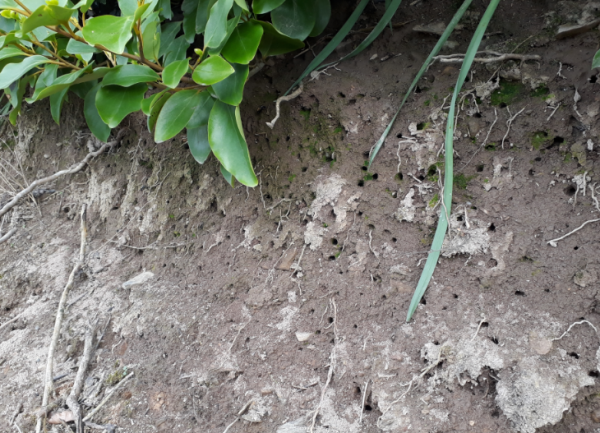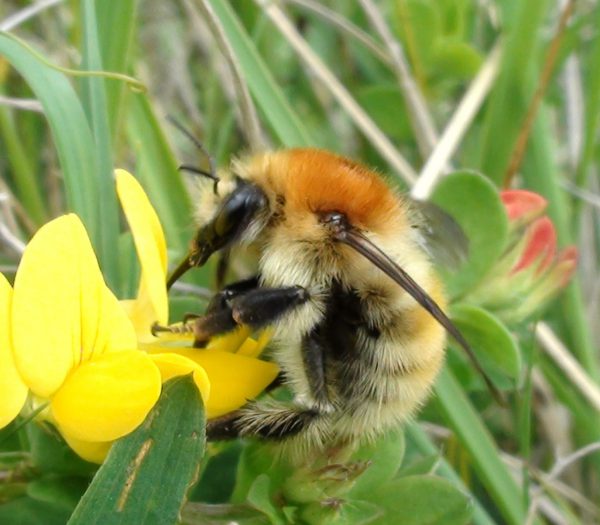The main aim of the ‘Protecting Farmland Pollinators’ project was to identify small actions that farmers can take that would allow biodiversity to coexist within a productive farming system. We wanted to work in tandem with farmers to better understand how to provide small wildlife habitats for pollinators, in terms of food, safety, and shelter, on their farms. Protecting Farmland Pollinators was European Innovation Partnership (EIP) funded by the Department of Agriculture, Food, and the Marine (DAFM) under the Rural Development Programme 2014-2020.









